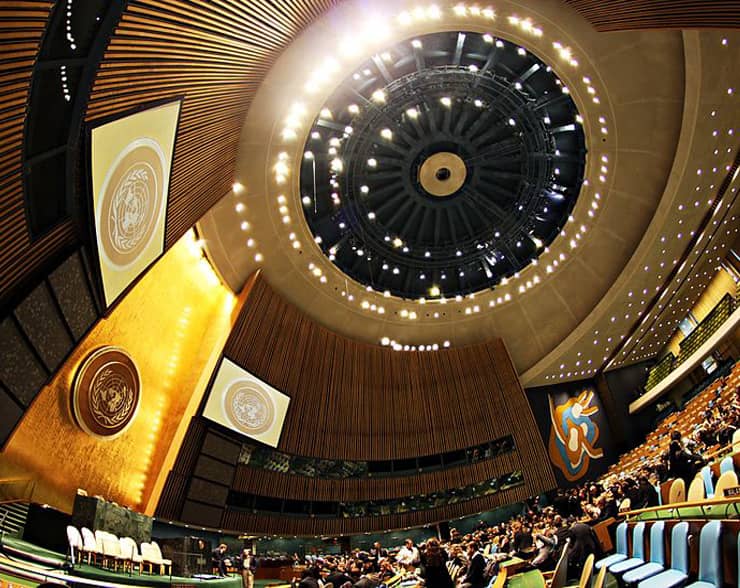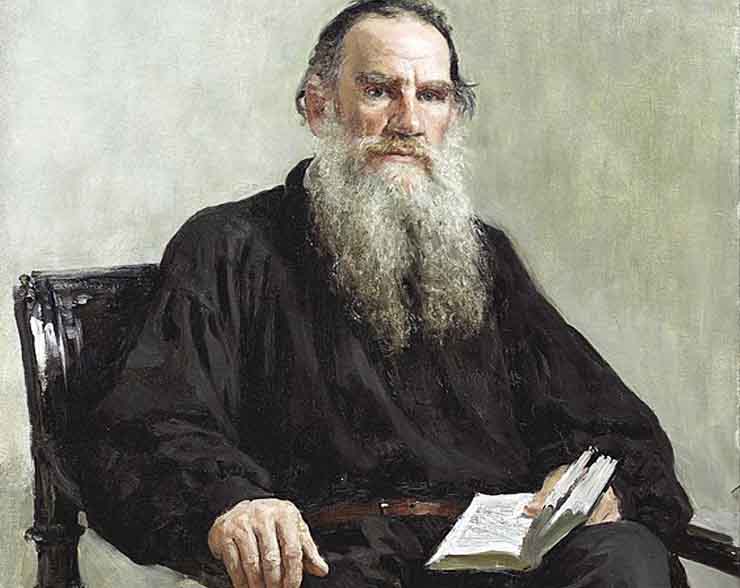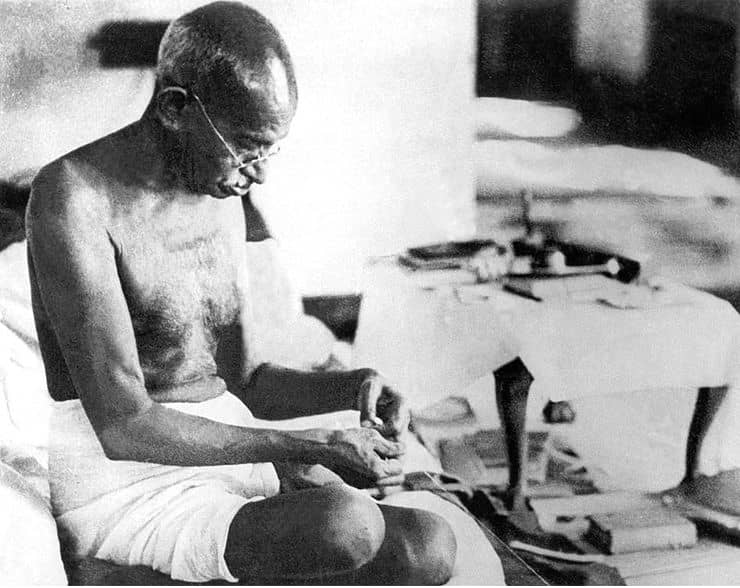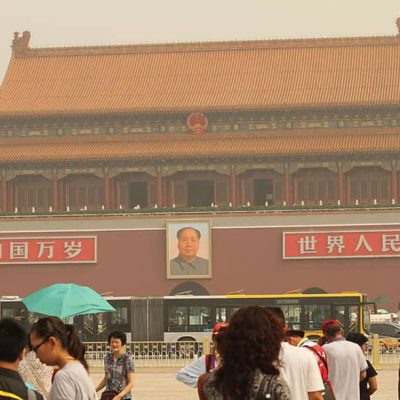 Appeals
Appeals
Nonviolent Action: The Force of the Soul.
Featured Image: Photo by Mohamed Nohassi on Unsplash
2 October is the UN General Assembly-designated Day of Nonviolence chosen as 2 October is the birth anniversary of Mahatma Gandhi.
Featured Image by Basil D Soufi, CC BY-SA 3.0 <https://creativecommons.org/licenses/by-sa/3.0>, via Wikimedia Commons
U.N. General Assembly: Can It Provide the Needed Global Leadership?
Passive Resistance.
Mahatma Gandhi, shortly after finishing his legal studies in England, went to South Africa and began working with Indian laborers, victims of discrimination. He looked for a term understandable to a largely English-speaking population to explain his efforts. “Passive resistance” was the most widely used term and had been used by Leo Tolstoy and others.
However, Gandhi found the word “passive” misleading. There did exist a Hindu term ahinsa − a meaning non and hinsa, violence. The term was basically unknown among White South Africans, largely uninterested in Indian philosophical thought.
Image: Portrait of Leo Tolstoy (1887). By Ilya Repin, Public domain, via Wikimedia Commons.
Leo Tolstoy: The Law of Love.
Tune with the Infinite or Fullness of Peace Power and Plenty.
Gandhi wrote to a friend from his legal studies days in England, Edward Maitland. Maitland and Anna Kingsford were the leaders of the Esoteric Christian Union and the leaders of the London Lodge of the Theosophical Society. Maitland introduced Gandhi to the writings of the American New Thought writer Ralph Waldo Trine. Trine was a New Englander and his parents named him after Emerson. His best known work from which Gandhi took the term for his actions in South Africa is In Tune with the Infinite or Fullness of Peace Power and Plenty. (1)
Edward Maitland, biographer of en:Anna Kingsford (1846–1888). By Unknown authorUnknown author, Public domain, via Wikimedia Commons
Soul Force.
Trine uses the term “soul force” which Gandhi then used for his work in South Africa. Once back in India, Gandhi wanted an Indian rather than an English expression, and he coined the term satyagraha − holding on to truth: sat as Truth in a cosmic sense is an oft-used Hindu term while “soul” would need some explaining to Indian followers.
All of Trine’s writings contained the same message: soul force could be acquired by making oneself one with God, who was immanent, through love and service to one’s fellow men. The Christ Trine followed was one familiar to Gandhi − the supreme spiritual exemplar who showed men the way to union with their divine essence. Trine promised that the true seeker, fearless and forgetful of self-interest, will be so filled with the power of God working through him that:
“as he goes here and there, he can continually send out influences of the most potent and powerful nature that will reach the uttermost parts of the world.”
For Trine, thought was the way that a person came into tune with the Infinite. “Each is building his own world. We both build from within, and we attract from without. Thought is the force with which we build, for thoughts are forces. Like builds like and like attracts like. In the degree that thought is spiritualized does it become more subtle and powerful in its workings. This spiritualizing is in accordance with law and is within the power of all.
“Everything is first worked out in the unseen before it is manifested in the seen, in the ideal before it is realized in the real, in the spiritual before it shows forth in the material. The realm of the unseen is the realm of cause. The realm of the seen is the realm of effect. The nature of effect is always determined and conditioned by the nature of its cause.”
Thus for Mahatma Gandhi, before a nonviolent action or campaign, there was a long period of spiritual preparation of both himself and his close co-workers. Prayer, fasting, meditation were used in order to focus the force of the soul, to visualize a positive outcome and to develop harmlessness to those opposed.
Another theme which Trine stressed and which Gandhi constantly used in his efforts to build bridges between Hindus and Muslims was that there was a basic core common to all religions. Gandhi wrote:
“There is a golden thread that runs through every religion in the world. There is a golden thread that runs through the lives and the teachings of all the prophets, seers, sages, and saviours in the world’s history, through the lives of all men and women of truly great and lasting power. The great central fact of the universe is that the spirit of infinite life and power is back of all, manifests itself in and through all. This spirit of infinite life and power that is back of all is what I call God. I care not what term you may use, be it Kindly Light, Providence, the Over-Soul, Omnipotence or whatever term may be most convenient, so long as we are agreed in regard to the great central fact itself.”
Image: Gandhi spinning at Birla House, Mumbai, August 1942. By Kanu Gandhi, Public domain, via Wikimedia Commons.
Simone Panter-Brick: Gandhi and Nationalism.
Note.
1) R.W. Trine. In Tune with the Infinite (New York: Whitecombe and Tombs, 1899, 175pp.)
Rene Wadlow, President, Association of World Citizens.

President, Association of World Citizens (AWC).
Estudied International relations in The University of Chicago.
Estudied Special Program in European Civilization en Princeton University
Here are other publications that may be of interest to you.
Burma’s Crumbling Junta
February first marked the anniversary of the military coup which overthrew the government of Aung San Suu Kyi in 2021. She was in practice the leader of the government but…
Preventing the Expansion of the Gaza Conflict: Are Peace Brigades a Possibility?
Antony Blinken, the U.S. Secretary of State, has been again in the Middle East working to prevent the violence of the Gaza Strip of spreading to much of the area. …
World Citizens Call for an Inmediate End to Hostilities between Israel and Hamas, and for a Genuine Peacebuilding Effort in the Middle East.
Featured image: The impact of the Israeli bombing on a civilian building in Gaza (2021). By Osama Eid, CC BY-SA 3.0 https://creativecommons.org/licenses/by-sa/3.0, via Wikimedia Commons. The AWC, a Nongovernmental Organization…
World Humanitarian Day: A Need for Common Actions.
Featured Image: Photo by Wylly Suhendra on Unsplash. The United Nations General Assembly has designated 19 August as “World Humanitarian Day” to pay tribute to aid workers in humanitarian service…
Peace Planners: Awake!.
Featured Image: Photo by Eddie Kopp, Unsplash. The recent NATO Summit in Vilnius is an indication that the war planning community is busy at work in the spirit of Von…
Track Two Efforts Needed to Reduce China-India Frontier Tensions.
Featured Image: Arunachal Pradesh – India. Photo by Unexplored Northeast, Unsplash. There has been a constant buildup of military forces by the governments of both India and China along their common frontiers. …
Democratic Republic of Congo: Sky Getting Darker.
Photo by jorono, Pixabay. The armed conflict in the eastern area of the Democratic Republic of Congo (RDC) on the frontier with Rwanda seems to be growing worse and is…
World Refugee Day.
June 20 is the United Nations (UN)-designated World Refugee Day; marking the signing in 1951 of the Convention on Refugees. The condition of refugees and migrants has become a “hot”…
4 June: Memories of Tiananmen Square.
4 June makes the security forces in China somewhat uneasy, especially in Hong Kong where, in the past, there were large memorial meetings tp remind people of 4 June 1989…
International Day of the Oceans.
Featured Image: Photo by Marek Okon, Unsplash. Progress on Asian Maritime Delimitations Needed. 8 June has been designated by the United Nations General Assembly as the International Day of the Oceans to…













